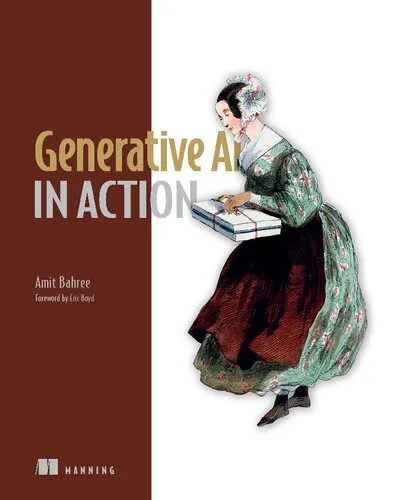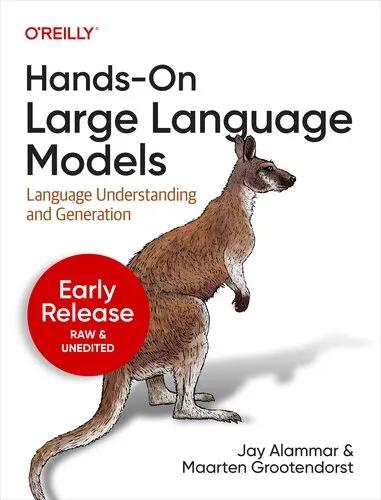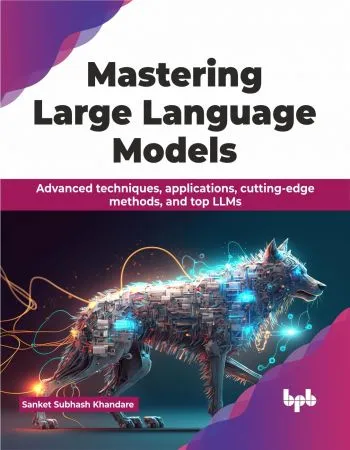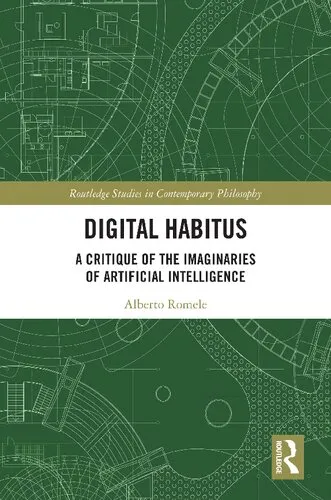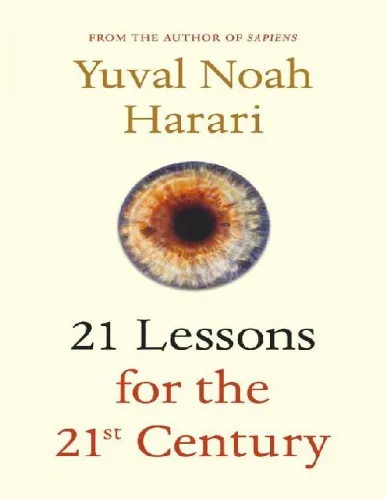From Deep Learning to Rational Machines: What the History of Philosophy Can Teach Us about the Future of Artificial Intelligence
4.9
بر اساس نظر کاربران

شما میتونید سوالاتتون در باره کتاب رو از هوش مصنوعیش بعد از ورود بپرسید
هر دانلود یا پرسش از هوش مصنوعی 2 امتیاز لازم دارد، برای بدست آوردن امتیاز رایگان، به صفحه ی راهنمای امتیازات سر بزنید و یک سری کار ارزشمند انجام بدینکتاب های مرتبط:
معرفی کتاب
کتاب 'From Deep Learning to Rational Machines: What the History of Philosophy Can Teach Us about the Future of Artificial Intelligence' نوشته کامرون جی. باکنر یک مطالعه جامع در مورد ارتباط بین تاریخ فلسفه و پیشرفتهای جاری در هوش مصنوعی است. این اثر تلاش میکند تا با بهرهگیری از فلسفه، رویکردی تازه و جامع به طراحی و درک ماشینهای عقلانی ارائه دهد.
خلاصهای جامع از کتاب
این کتاب در سه بخش اصلی تدوین شده است. بخش اول نگاهی دقیق به پیشرفتهای مربوط به هوش مصنوعی و به خصوص تکنیکهای Deep Learning دارد و نشان میدهد که چگونه این تکنیکها توانستهاند مرزهای جدید علمی را باز کنند و به دستاوردهای شگفتانگیزی در حوزههای مختلف بینایی ماشین و پردازش زبان طبیعی برسند.
در بخش دوم، نویسنده به بررسی درسهایی میپردازد که تاریخ فلسفه میتواند در فرآیند تکامل هوش مصنوعی به ما بیاموزد. نویسنده به آثار فیلسوفانی نظیر افلاطون، دکارت و کانت اشاره میکند و به بررسی این موضوع میپردازد که چگونه درک مفاهیمی نظیر عقلانیت و آگاهی توسط این فیلسوفان میتواند در طراحی سیستمهای هوشمند مورد استفاده قرار گیرد.
بخش پایانی کتاب به عملی کردن این درسها در طراحی ماشینهای عقلانی آیندهپذیر اختصاص دارد. نویسنده ارائه پیشنهادها و راهکارهایی برای توسعه سیستمهایی میپردازد که توانایی فهم و تعامل به صورت منطقی و اخلاقی مانند انسانها را دارند. او معتقد است که فلسفه میتواند ابزارهای مفهومی لازم برای طراحی چنین سیستمهایی را فراهم کند.
نکات کلیدی
- پیوند میان فلسفه و هوش مصنوعی میتواند به توسعه سیستمهای هوشمندتر و اخلاقیتر منجر شود.
- تکنیکهای Deep Learning هرچند قدرتمند هستند، اما برای دستیابی به هوش عمومی نیازمند رویکردهای فلسفی هستند.
- تاریخ فلسفه درک عمیقتری از مفاهیم عقلانیت و آگاهی ارائه میدهد که در طراحی ماشینهای عقلانی مؤثر است.
جملات معروف از کتاب
«در جهانی که ماشینها روز به روز هوشمندتر میشوند، نیازمند نوعی از فهم انسانی هستیم که مسیر عقلانیت را هموارتر کند.»
«فلسفه تنها یک سرگرمی فکری نیست؛ بلکه یک ابزار ضروری برای درک چالشهای اخلاقی و عقلانی در طراحی هوش مصنوعی است.»
چرا این کتاب مهم است
این کتاب به عنوان تلاشی برای پر کردن خلاء میان علوم کامپیوتر و فلسفه نگریسته میشود. در زمانی که هوش مصنوعی به بخشی جداییناپذیر از زندگی روزمره تبدیل شده است، درک اصول فلسفی که به طور ضمنی در طراحی این سیستمها نهفته است، ضروری به نظر میرسد. کتاب باکنر به عمق این ارتباط میپردازد و روشنگر راهی است که فلسفه میتواند در ایجاد یک آینده هوشمندتر و اخلاقیتر نقش آفرینی کند. این اثر یک رویکرد میانرشتهای بکر ارائه میدهد که برای پژوهشگران، توسعهدهندگان و فیلسوفان علاقهمند به این حوزه، خواندنی و مفید است.
Introduction to "From Deep Learning to Rational Machines: What the History of Philosophy Can Teach Us about the Future of Artificial Intelligence"
In an era where artificial intelligence (AI) relentlessly transforms our lives, understanding its direction and potential is crucial. "From Deep Learning to Rational Machines" by Cameron J. Buckner offers a fascinating exploration of AI's evolution through the lens of philosophical wisdom.
Summary of the Book
The book embarks on a compelling journey by tracing the philosophical underpinnings that could shape the trajectory of AI development. It integrates historical philosophical insights with cutting-edge AI research, illustrating how classical rationality can inform the design of future intelligent machines. Spanning from deep learning marvels to the prospective creation of rational agents, Buckner delineates AI's transformative potential while raising awareness of its ethical and philosophical implications.
Buckner expertly weaves through various philosophical ideologies—from Aristotle's virtue ethics to Kant's deontology—examining how these principles could govern AI systems. The book emphasizes a balanced approach to AI, where human-like rationality rather than mere computational prowess becomes the ultimate goal. This perspective encourages scientists and philosophers alike to reflect on the existential and societal implications of AI, nurturing an environment where technology harmonically coexists with human values.
Key Takeaways
- The integration of philosophical insights can profoundly influence AI's orientation towards human-like empathy and cognition.
- Understanding historical philosophical doctrines can prevent potential ethical dilemmas associated with autonomous AI development.
- AI should aim for rationality that aligns with human values rather than focusing solely on computational efficiency.
- A collaborative dialogue between technologists and philosophers is crucial to fostering AI advancements that benefit humanity.
Famous Quotes from the Book
"In aspiring to create machines that think, we must be cautious not to lose sight of what it means to be rational."
"The quest for artificial intelligence mirrors our quest for understanding intelligence itself—through consciousness, empathy, and ethical consideration."
Why This Book Matters
"From Deep Learning to Rational Machines" is not just a book; it's a beacon for navigating the complex future of AI. By merging historical philosophical doctrines with modern AI challenges, it acts as a vital resource for technologists, ethicists, and policymakers. The book serves as a reminder that while AI holds tremendous promise, it also presents profound philosophical and ethical questions that we must address to ensure its benefits are distributed equitably across society.
It matters because it provokes critical thinking about the true essence of intelligence, rationality, and morality in machine design. With its scholarly depth and accessible narrative, Cameron J. Buckner's work equips readers with the philosophical acumen to engage with AI advancements meaningfully, making it an indispensable addition to the discourse on AI's future.
دانلود رایگان مستقیم
شما میتونید سوالاتتون در باره کتاب رو از هوش مصنوعیش بعد از ورود بپرسید
دسترسی به کتابها از طریق پلتفرمهای قانونی و کتابخانههای عمومی نه تنها از حقوق نویسندگان و ناشران حمایت میکند، بلکه به پایداری فرهنگ کتابخوانی نیز کمک میرساند. پیش از دانلود، لحظهای به بررسی این گزینهها فکر کنید.
این کتاب رو در پلتفرم های دیگه ببینید
WorldCat به شما کمک میکنه تا کتاب ها رو در کتابخانه های سراسر دنیا پیدا کنید
امتیازها، نظرات تخصصی و صحبت ها درباره کتاب را در Goodreads ببینید
کتابهای کمیاب یا دست دوم را در AbeBooks پیدا کنید و بخرید
1373
بازدید4.9
امتیاز0
نظر98%
رضایتنظرات:
4.9
بر اساس 0 نظر کاربران
Questions & Answers
Ask questions about this book or help others by answering
No questions yet. Be the first to ask!
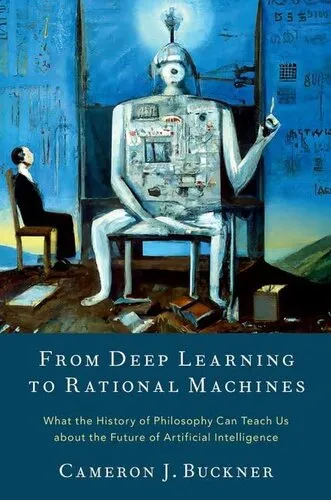


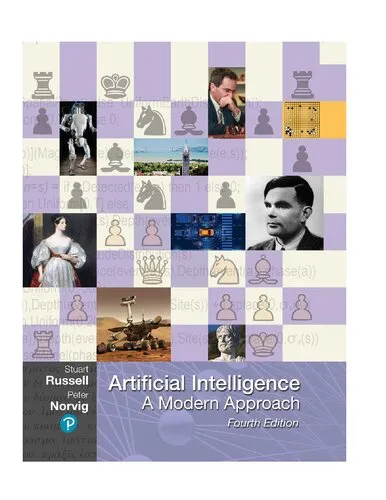
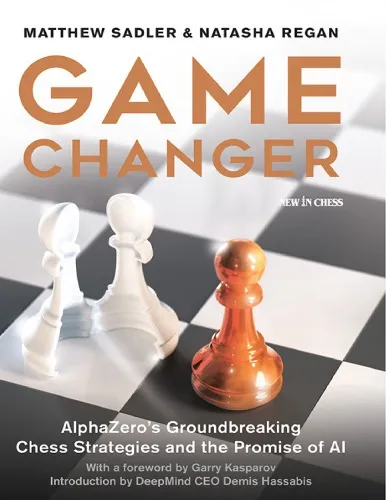
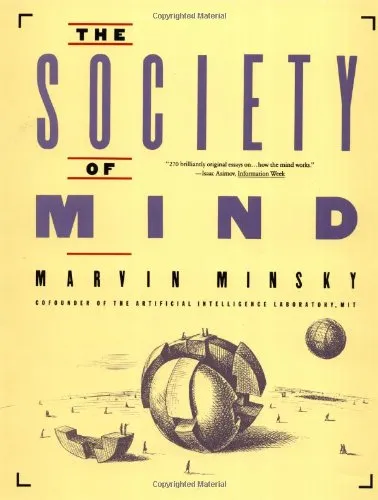
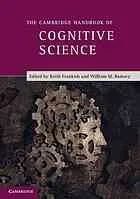
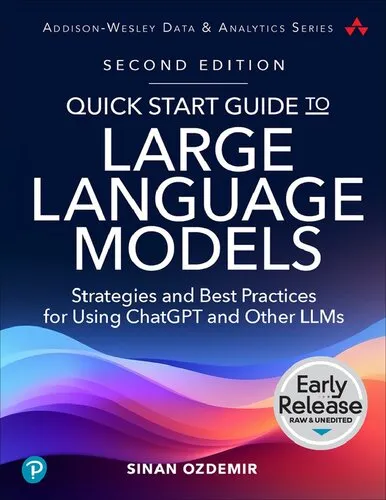
![Responsible AI in the Enterprise: Practical AI Risk Management for Explainable, Auditable, and Safe Models [Team-IRA]](https://s3.refhub.ir/images/thumb/Responsible_AI_in_the_Enterprise__Practical_A_8189.webp)
